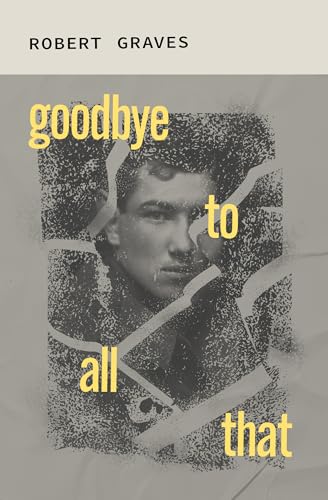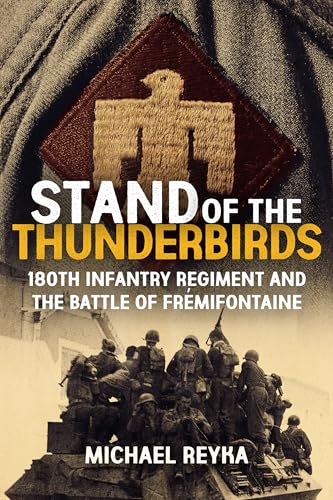
A Thirst for Wine and War
by Adam Zientek
"The Intoxication of French Soldiers on the Western Front"
Popularity
0 / 5
* A book's popularity is determined by how it compares to all other books on this website.
Where to buy?
Buy from Amazon* If you buy this book through the link above, we may receive a small commission at no extra cost to you.
A Thirst for Wine and War by Adam Zientek
Details
War:
World War I
Perspective:
Infantry
True Story:
Yes
Biography:
No
Region:
Europe
Published Date:
2024
ISBN13:
9780228019923
Description
Brief Summary
A Thirst for Wine and War by Adam Zientek delves into a unique aspect of World War I history, focusing on the French army's use of alcohol as a tool to maintain morale among soldiers stationed in the brutal trenches. The book examines how the provision of wine and other spirits played a crucial role in shaping the experiences and emotions of French soldiers, serving both as a comfort and a method of behavioural regulation during the chaos of war.
Main Themes and Topics
The central theme of the book is the strategic use of alcohol by the French military during World War I. Zientek explores how wine, a culturally significant beverage in France, became more than just a drink; it was a psychological tool to bolster spirits and manage the stress of combat. The book discusses the dual nature of alcohol as both a necessity in the dire circumstances and a means of control, highlighting the complexities of its impact on soldier morale and behaviour.
Writing Style and Tone
Adam Zientek employs a clear and analytical writing style, effectively blending historical analysis with detailed narratives. The tone remains scholarly yet accessible, allowing readers to engage with complex topics without feeling overwhelmed. Zientek's attention to detail and ability to convey the soldiers' experiences with empathy make A Thirst for Wine and War both informative and compelling.
Criticism
While A Thirst for Wine and War offers an insightful exploration of a lesser-known facet of World War I, some readers might find the focus on alcohol's regulatory function somewhat narrow. Those looking for a broader analysis of World War I military strategies or the overall psychological impacts of war might find the book limited in scope. However, for readers interested in the intersection of culture, military history, and psychology, Zientek's work presents a thorough and focused study.









